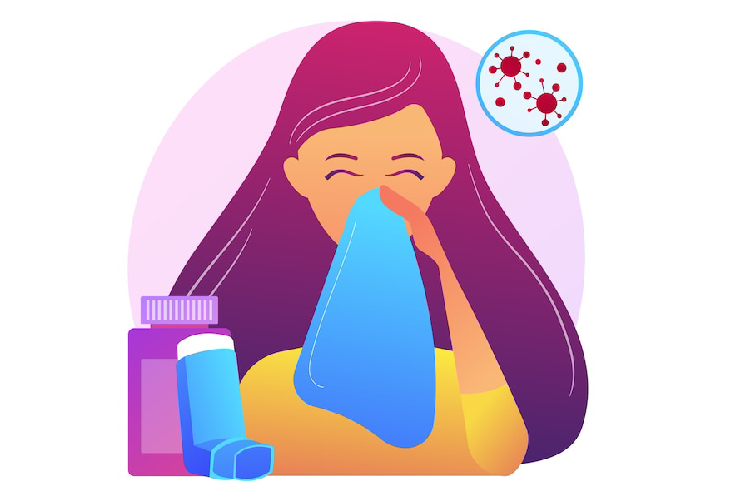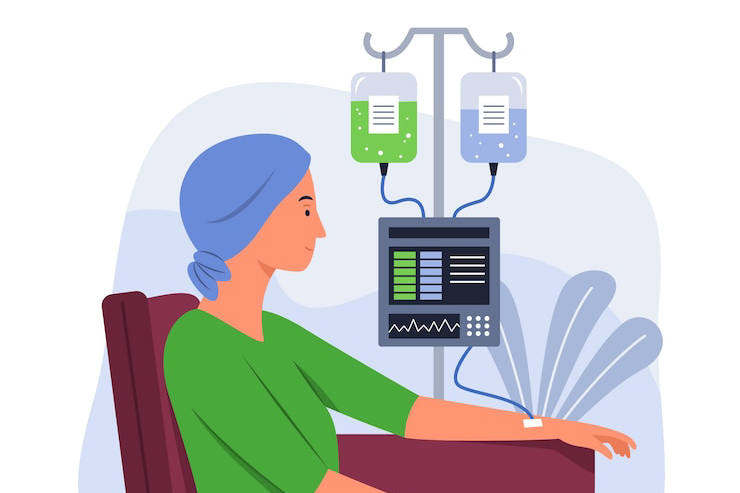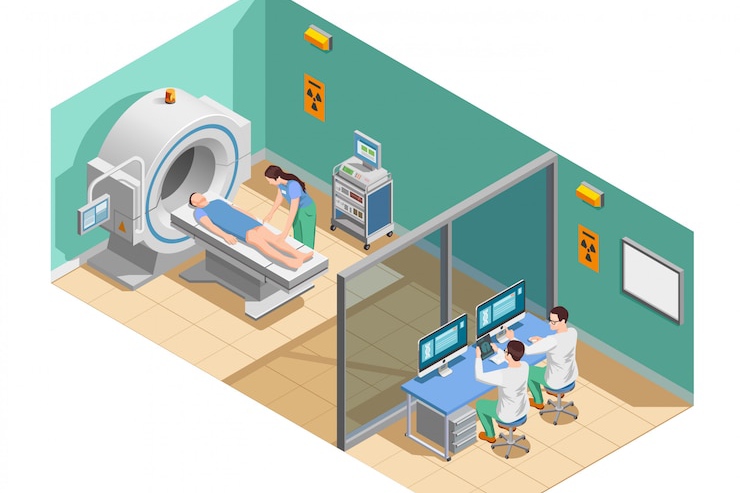
Gastroenterology Uncovered: Your Path to Digestive Wellness
Introduction
Gastroenterology is a vital field of medicine dedicated to diagnosing, treating, and preventing disorders of the digestive system. With the increasing prevalence of digestive health issues, understanding the role of a gastroenterologist and the importance of maintaining digestive wellness has never been more critical. This blog aims to uncover the various aspects of gastroenterology, from common conditions to innovative treatments, and provide insights into how you can achieve better digestive health.
What is Gastroenterology?
Gastroenterology is the branch of medicine that focuses on the gastrointestinal (GI) tract, which includes the esophagus, stomach, intestines, liver, gallbladder, and pancreas. Gastroenterologists are specialized physicians trained to manage a wide range of digestive disorders. They play a crucial role in both the diagnosis and treatment of conditions affecting the digestive system.
Common Gastrointestinal Disorders
Gastroenterologists treat a variety of conditions that can affect digestive health. Some of the most common disorders include:
Gastroesophageal Reflux Disease (GERD)
- Symptoms:Heartburn, regurgitation, and difficulty swallowing.
- Management:Lifestyle modifications, medications, and in severe cases, surgery.
Irritable Bowel Syndrome (IBS)
- Symptoms: Abdominal pain, bloating, and changes in bowel habits.
- Management: Dietary changes, stress management, and medications.
Inflammatory Bowel Disease (IBD)
- Includes: Crohn’s disease and ulcerative colitis.
- Symptoms: Chronic diarrhea, abdominal pain, and weight loss.
- Management: Medications to reduce inflammation, nutritional support, and sometimes surgery.
Venereal diseases, also known as sexually transmitted infections (STIs), are infections spread primarily through sexual contact. Common venereal diseases include:
Celiac Disease
- Symptoms: Diarrhea, bloating, and malnutrition due to gluten intolerance.
- Management: A strict gluten-free diet.
Liver Diseases
- Includes: Hepatitis, fatty liver disease, and cirrhosis.
- Symptoms: Jaundice, fatigue, and abdominal swelling.
- Management: Lifestyle changes, medications, and sometimes liver transplantation.
Diagnostic Procedures
Gastroenterologists employ various diagnostic procedures to identify digestive disorders. Some of the most common methods include:
- Endoscopy: A flexible tube with a camera is used to visualize the GI tract and obtain tissue samples if necessary.
- Colonoscopy: A specific type of endoscopy for examining the colon, often used for colorectal cancer screening.
- Imaging Studies: Ultrasounds, CT scans, and MRIs help visualize organs in the digestive system.
- Blood Tests: Assess liver function, inflammation markers, and nutrient deficiencies.
Treatment Options
Treatment for digestive disorders varies depending on the condition. Common approaches include:
- Medications: Antacids, proton pump inhibitors, anti-inflammatory drugs, and antibiotics.
- Dietary Changes: Tailoring your diet to avoid triggers or include more fiber and nutrients.
- Lifestyle Modifications: Stress management, regular exercise, and maintaining a healthy weight.
- Surgery: In severe cases, surgical intervention may be necessary to remove damaged tissue or organs.
The Importance of Preventive Care
Preventive care is essential in gastroenterology. Regular check-ups and screenings can help detect issues early, when they are often more treatable. Here are some preventive measures you can take:
- Regular Screenings: Follow guidelines for colon cancer screening, typically starting at age 45.
- Healthy Diet: Focus on a balanced diet rich in fiber, fruits, and vegetables to support gut health.
- Stay Hydrated: Drinking enough water aids digestion and helps prevent constipation.
- Limit Alcohol and Tobacco Use: Both can lead to digestive health issues.
When to See a Gastroenterologist
It's important to consult a gastroenterologist if you experience any of the following symptoms:
- Persistent abdominal pain
- Unexplained weight loss
- Changes in bowel habits (diarrhea or constipation lasting more than a few weeks)
- Blood in your stool
- Difficulty swallowing or ongoing heartburn
Conclusion
Digestive health is an integral part of overall well-being. By understanding the role of gastroenterology, common digestive disorders, and available treatments, you can take proactive steps toward maintaining your digestive wellness. Regular consultations with a gastroenterologist, along with a healthy lifestyle and diet, can significantly enhance your quality of life. Don't hesitate to seek help if you're experiencing digestive issues; early intervention can make all the difference.



